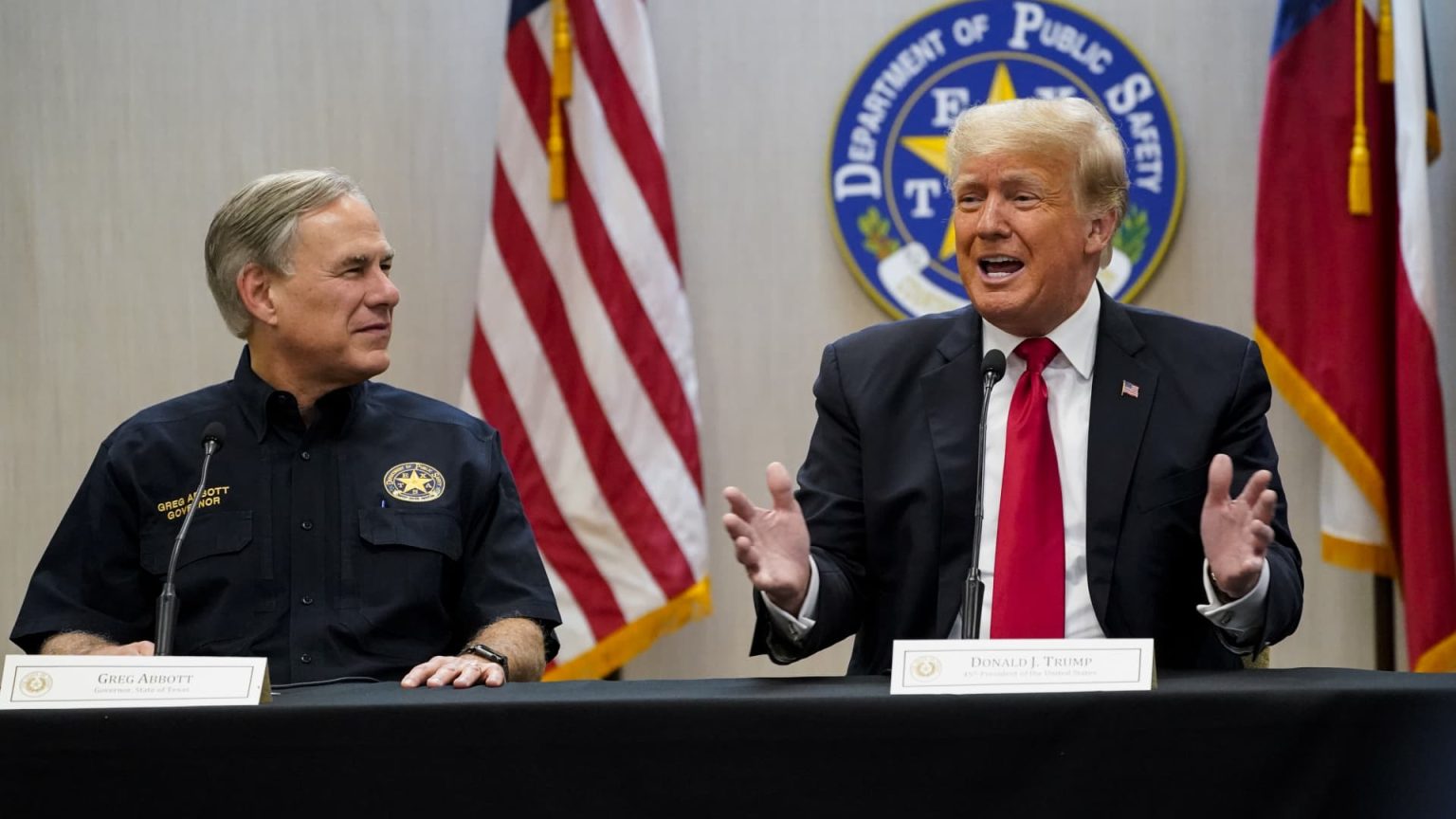Abraham George is set to become the new chair of the Republican Party of Texas (RPT) amid a shift away from corporate sponsorship and towards an anti-corporate, anti-elite populist agenda within the party. The annual Texas Republican Convention recently took place, but many major corporate sponsors were absent, including names like Verizon, Comcast, and Union Pacific. This change in sponsorship aligns with the party’s push towards a more populist agenda, which has been gaining traction in the Trump era. The lack of corporate support has been controversial, with some calling for a return to working with corporations, but others see it as a badge of honor and a stance against “woke corporations seeking to destroy the America we love.”
The fight over corporate money was also evident in the election for state party chair, with veteran Republican consultant Matt Mackowiak lamenting the party’s virtually nonexistent corporate fundraising. Some, like Griffin Perry, believe that the party should work more closely with corporations, while others see the lack of corporate sponsors as a positive development aligned with the party’s values. The shift away from traditional corporate sponsors has led the Texas GOP to rely more heavily on political action committees and campaigns for funding. This shift has also been seen in a decline in corporate donations to the party’s general fundraising account, with companies like Google and BNSF Railway drastically reducing their contributions or stopping them altogether.
As the Texas Republican Party has moved further to the right, some companies have become hesitant to support the party due to its increasingly conservative policy positions and anti-corporate rhetoric. For example, Texas recently enacted laws restricting abortion access and gender-affirming medical care for minors. Additionally, the party has engaged in divisive infighting and censured prominent Republican figures like Texas House Speaker Dade Phelan and U.S. Rep. Tony Gonzalez. These actions have led to backlash from some corporate sponsors who are wary of supporting an organization that attacks fellow Republicans and espouses controversial views. This shift has left the Texas GOP reliant on a smaller pool of sponsors, primarily political action committees and campaigns.
The lack of support from traditional corporate sponsors has been attributed to the Texas Republican Party’s increasingly conservative stance on social and political issues, as well as its anti-corporate rhetoric. The party’s refusal to compromise its values in favor of corporate support has led to a reliance on political action committees and campaigns for funding. Certain policy positions, including restrictive abortion laws and bans on gender-affirming medical care for minors, have further alienated some corporate sponsors. The censure of prominent Republican figures like Dade Phelan and Tony Gonzalez has also contributed to corporate sponsors distancing themselves from the party, as they do not want to be associated with an organization that attacks its own members.
Overall, the Texas Republican Party’s shift towards an anti-corporate, anti-elite populist agenda has led to a decline in corporate sponsorship and a greater reliance on political action committees and campaigns for funding. The party’s controversial stances on social and political issues, as well as its infighting and censure of prominent Republican figures, have contributed to corporate sponsors withdrawing their support. While some see the lack of corporate sponsorship as a positive stance against “woke corporations,” others view it as a hindrance to the party’s ability to fundraise and engage with corporate America. Abraham George’s election as party chair marks a new chapter for the Texas GOP, as it navigates a changing political landscape and seeks to redefine its relationship with corporate sponsors.













